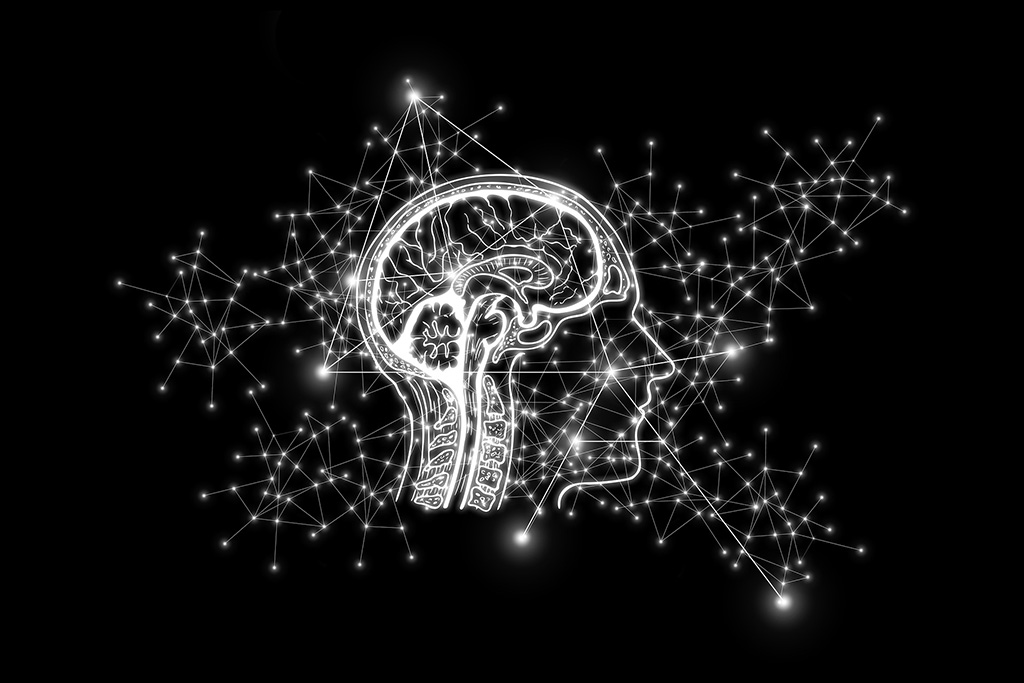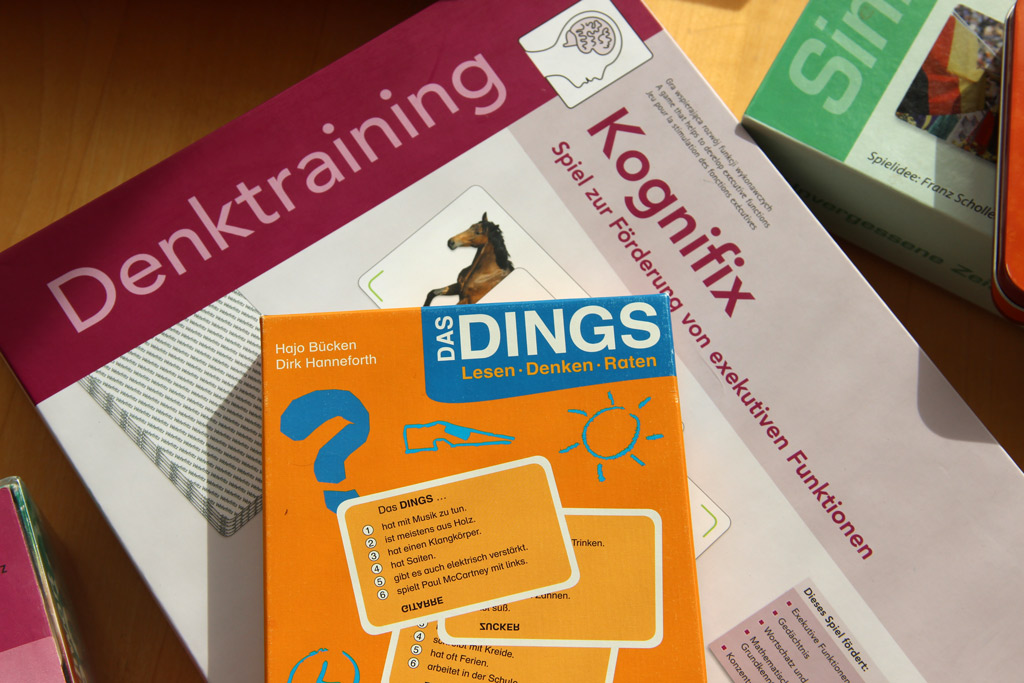New Alzheimer’s drug aducanumab: far-reaching implications of a controversial approval
Positive news from clinical Alzheimer's research is rare. In hardly any other indication do pharmaceutical companies have to accept as many setbacks as here. To date, pharmacological approaches to treating Alzheimer's have been almost uniformly unsuccessful, with more than 400 failed clinical trials. Since 2002, there has been no new approval in the field of neurodegenerative diseases. That changed on June 7, 2021, when the drug Aducanumab, from U.S. biotech Biogen (and its Japanese research partner Eisai), was approved by the U.S. Food and Drug Administration (FDA) for the treatment of Alzheimer's disease. The drug, which is administered intravenously to patients, will be available in the U.S. under the trade mark Aduhelm. Aduhelm works on the basis of passive immunization. It is a monoclonal antibody that targets amyloid-ß, a protein characteristic of Alzheimer's disease. These amyloid-ß proteins make up the deposits in the brain, known as plaques, which are associated with the destruction of neurones. Aduhelm's mechanism of action is based on promoting the breakdown of β-amyloid, thereby reducing the harmful plaques.












